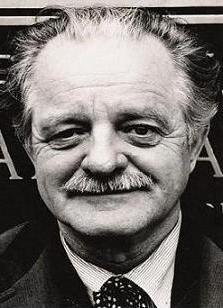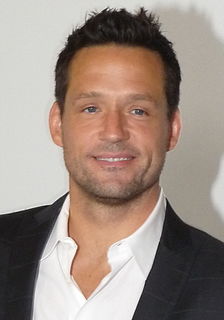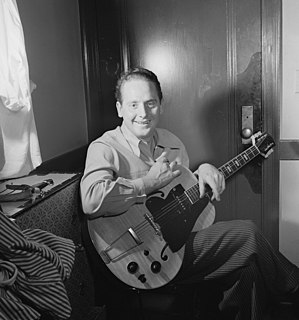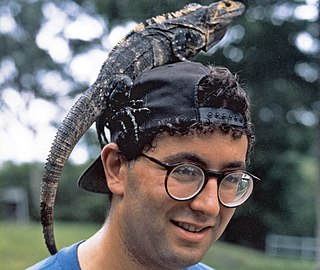A Quote by Rupert Murdoch
Now if you look at the London 'Times,' you'll find that with quite a number of the photographs, you touch them, and they turn into videos. I think newspapers come alive that way. We talk about 'papers.' We should cut out the word 'paper,' you know? It's 'news organizations.'
Related Quotes
The papers that flourish will be papers that serve a national audience. Papers that have figured out how to make the transition to the electronic platform that aren't simply providing a duplicate experience of the words on paper experience, but are doing something that arises organically from the new electronic medium. It's really just a matter of finding the right platforms for the way people want to read newspapers. I mean, maybe it will be the iPhone. But one way or another, newspapers on paper are just not really going to exist to any significant degree within a decade.
Journalism is a great profession. It's complicated now. People talk about the demise of investigative reporting. I was a judge in some award contest recently, and the stuff that is being done by major newspapers, and local, regional papers around the country, is great. Newspapers play an amazing role in our society, and I still think they are important. I'm sorry newspaper circulation is down. Ultimately, the importance of newspapers can't be replaced.
I blame the newspapers because every day they call our attention to insignificant things, while three or four times in our lives,we read books that contain essential things. Once we feverishly tear the band of paper enclosing our newspapers, things should change and we should find--I do not know--the Pensées by Pascal!
I think the most important thing about playing is to walk out with confidence, look the people right in the eye and say 'Here I am,' and go and do your thing. As soon as they know you're confident, they're confident. As long as you adjust to them you're not in trouble. You should eyeball them, find out what they want, and give it to them. They didn't pay to come out and look at the tapestries.
I have quite a bit of experience reporting on corporate behavior, both doing it with independent operations in early in my career, in the underground press, to magazines like 'Rolling Stone,' to regional newspapers and television, and television news programs, to papers like the 'New York Times' and public television.


































